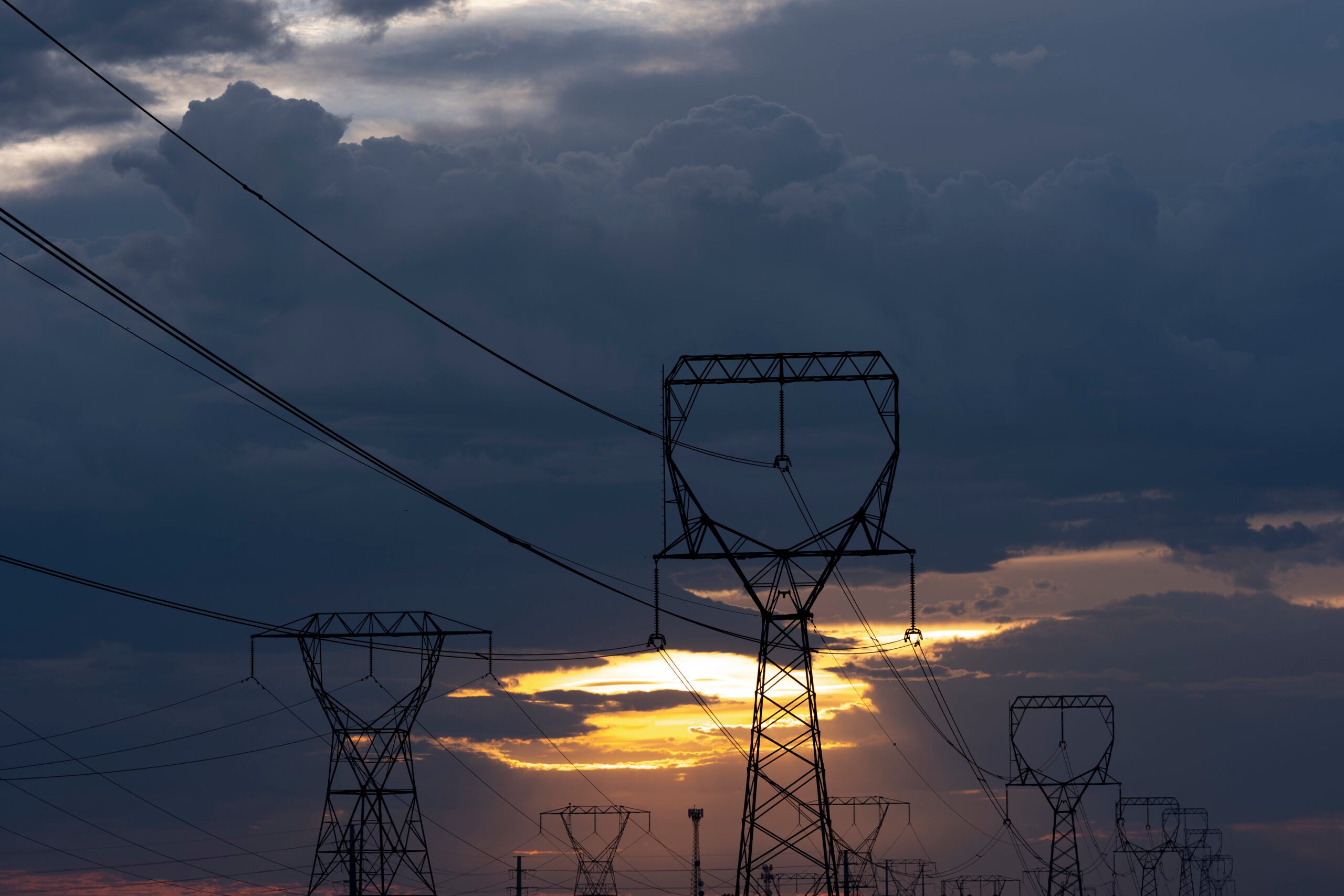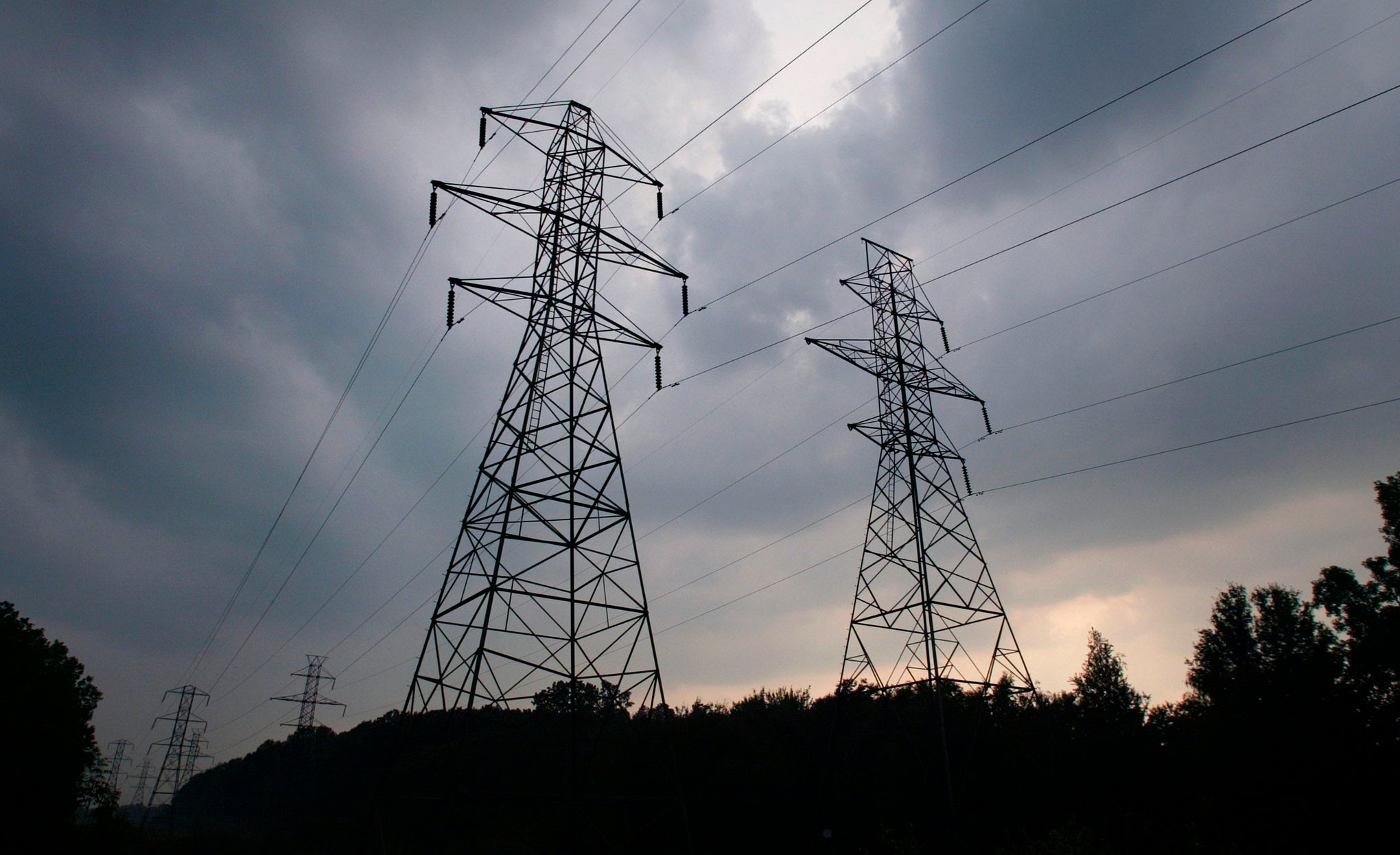A federal appeals court this week lifted a court order that would have temporarily blocked the final phase of a controversial transmission project.
In March, U.S. District Court Judge William Conley granted a request by conservation groups to temporarily block a proposed land swap. That order prevented the Cardinal Hickory Creek transmission project from crossing through a Mississippi River wildlife refuge.
The utilities behind the project appealed that decision in the U.S. Seventh Circuit Court of Appeals.
News with a little more humanity
WPR’s “Wisconsin Today” newsletter keeps you connected to the state you love without feeling overwhelmed. No paywall. No agenda. No corporate filter.
On Thursday, a three-judge panel on the Chicago appeals court said the injunction blocking the land swap was not justified.
The appeals court said Conley needed to show that the National Wildlife Refuge Association, Driftless Area Land Conservancy and Wisconsin Wildlife Federation were likely to succeed in their lawsuit challenging the project. The court said he failed to do so.
“Instead the district court expressed concern that private parties might begin to build a transmission line before the court could address the merits,” the appeals court wrote.
The Cardinal-Hickory Creek transmission line runs more than 100 miles from Dane County to Dubuque County in Iowa. The first half of the project came online in December 2023.
A document filed with the state Public Service Commission this week shows the project was $162 million over budget as of March 31. The line’s owners have said the project is necessary for improving grid reliability, transmitting renewable energy and reducing carbon emissions.
The environmental groups asked the U.S. District Court of Western Wisconsin for a temporary restraining order to block the project as the case plays out in court. They also asked the appeals court for a stay on its order to allow the district court to review the case.
At a virtual hearing Friday, Conley set a tentative timeline to get the case wrapped up this summer. He declined to grant the environmental groups a temporary restraining order, saying he needed more clarification from the appeals court.
“I’m not going to revisit it unless there’s some clarification from the Seventh Circuit that that’s still open for me to do, given the language of the court’s order,” Conley said.
Howard Learner, executive director of the Environmental Law and Policy Center, which represents the conservation groups, said his organization intends to seek clarification from the appeals court “very rapidly.”
“Transmission companies here have simply been acting irresponsibly by plowing forward and trying to steamroll this project and go through the refuge before there can be effective judicial review,” he said. “That’s simply the wrong way to proceed.”
ITC Midwest and Dairyland Power Cooperative, the co-owners of the Cardinal Hickory Creek line, said in a statement they were pleased with the appeals court’s decision.
They said the district court has stalled the line’s completion by blocking the utilities from exchanging land with the U.S. Fish and Wildlife Service. They said the land exchange was needed to finish a 1.1 mile segment near the Upper Mississippi River National Wildlife and Fish Refuge.
“The key effect of the appeals court order is that the government and utilities are now free to complete the land exchange,” the utilities said in a statement.
Attorneys representing the Fish and Wildlife Service and the utilities told the court on Friday they had not yet set a closing date for the land exchange.
Learner said the Upper Mississippi River National Wildlife and Fish Refuge is a wetland of international importance, as well as a globally important bird area.
“This is the wrong place to run a huge high-voltage transmission line with up to 190-foot high towers,” he said. “The transmission companies should find a route — just as the U.S. (Environmental Protection Agency) encouraged long ago — that avoids running through the refuge. That’s the responsible thing to do here.”
Wisconsin Public Radio, © Copyright 2025, Board of Regents of the University of Wisconsin System and Wisconsin Educational Communications Board.





